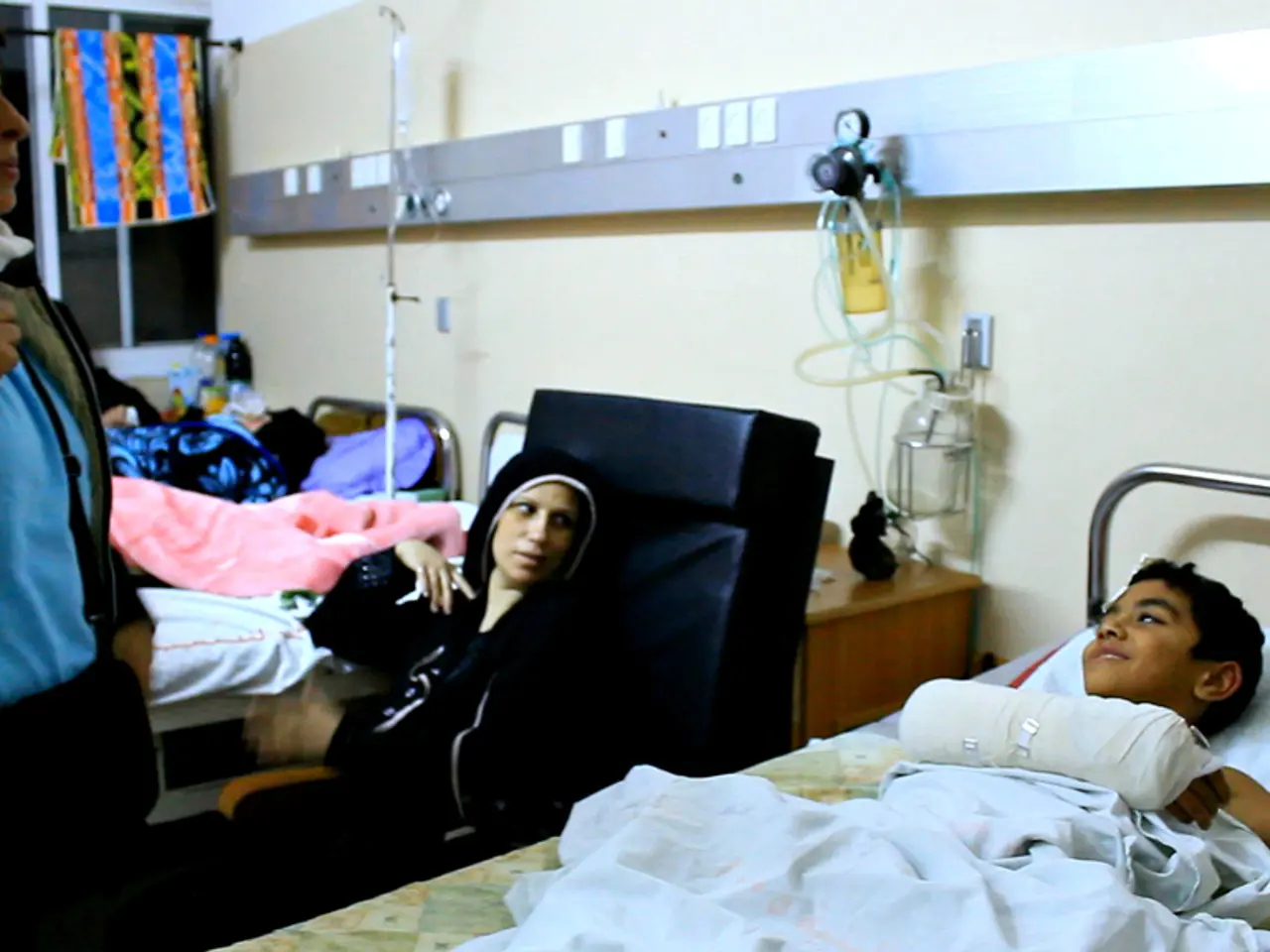Expansion of Preventive Healthcare in Russia Explained
The trend of self-medication in Russia is on the rise, driven by increased awareness and education among the population about available pharmaceuticals and a growing preference for out-of-pocket medicine purchases. This shift is particularly noticeable in the Krasnodar region, where preventive medicine is increasingly popular.
A large survey has shown a significant number of patients adopting this approach, and there is a need to bring these individuals back into the healthcare system. However, the widespread dissemination of not always reliable medical knowledge and the further development of neural networks could contribute to this trend.
Self-medication reflects gaps or barriers in the healthcare system, such as insufficient medical workforce or long waiting times, which may push patients to treat themselves for minor ailments instead of seeking clinical care. While self-medication can reduce the burden on healthcare providers, it risks inappropriate or unsafe drug use without proper diagnosis.
The healthcare sector is seeing increased digitization, including innovations like healthcare digital twins—virtual models simulating individual patients’ health conditions and treatment responses. These technologies enable more personalized, data-driven care and could mitigate some risks of self-medication by guiding better-informed decisions and enabling remote monitoring. Integration of electronic health records, AI-based analytics, and wearable devices is accelerating and offers tools for safer medication management.
However, Russia’s pharmaceutical industry is heavily reliant on imports, which affects drug availability and may indirectly influence self-medication as patients seek accessible treatments in pharmacies. The demand for private healthcare is growing, particularly due to issues in the public healthcare sector outside of Moscow.
In the Krasnodar region, the average increase in prices in the private medical services market from January to July 2025 ranges from 14 to 19%, with the largest increases seen in oncology, surgery, and dentistry. The cost of equipment maintenance, licensing, and staff training is also increasing in the healthcare sector.
Concerningly, people often do not consult a doctor after receiving test results but engage in self-diagnosis and self-treatment. The number of check-ups increases by 2.5-3 times each year, with 40% of patients being vitamin D deficient, 19% showing abnormalities in blood tests, 8% having liver function changes, 5% having high blood sugar, over 30% having elevated cholesterol levels, 18% having hidden iron deficiency, and 40% being vitamin D deficient.
The growing trend of self-medication may indicate issues with accessibility of both public and private healthcare in Russia. Improved digital health tools and pharmaceutical independence efforts could enhance healthcare accessibility, promote safer medication use, and support personalized medicine growth in Russia’s future healthcare landscape.





